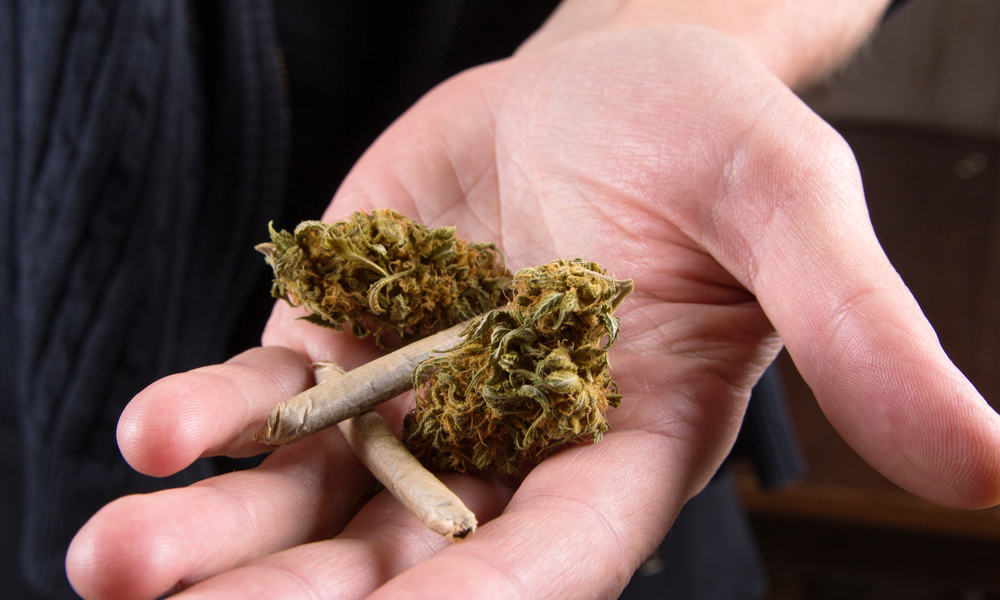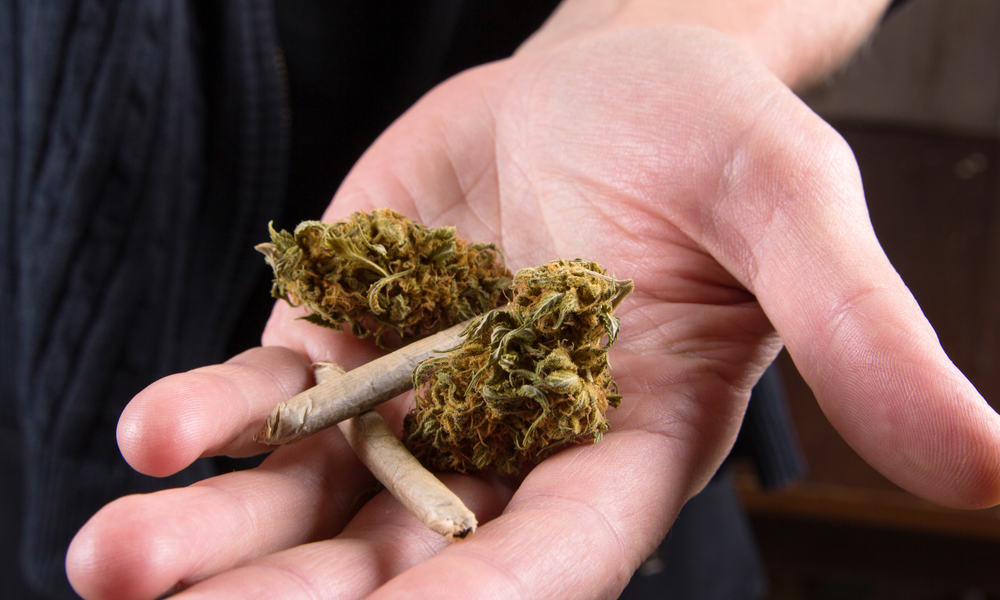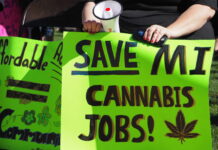
A study commissioned by Illinois state lawmakers has determined that the state’s licensed medical marijuana growers would not be able to keep up with demand if recreational pot is legalized. The report, by Colorado consulting firm Freeman and Koski, predicts that the 16 licensed cannabis cultivators would only be able to meet 35 to 44 percent of demand if the recreational use of pot is legalized. The study’s estimates were based on research that shows 8 percent of Illinois residents admit to using cannabis and the state’s strong tourism industry.
With state leaders including new Gov. J.B. Pritzker calling for an end to the criminalization of cannabis, some see an opportunity to diversify Illinois’ legal marijuana industry. Democratic Sen. Toi Hutchinson of Chicago Heights said that the state’s cannabis industry should be opened up to include entrepreneurs from communities disproportionately impacted by America’s war on drugs.
“We have a whole industry that’s treating it like the gold rush, but you have generations of folks who are still living with all the impacts of what the criminal justice system did to them,” said Hutchinson. “It’s unfair to discuss this in any other way.”
The study was commissioned by Chicago Democrats Sen. Heather Steans and Rep. Kelly Cassidy, who favor legalizing recreational marijuana and diversification of the industry. Fellow Democrat Rep. Jehan Gordon-Booth of Peoria also supports reform, saying the owners of cannabis businesses should reflect the community.
“When we talk about equity, this industry should look like the world,” said Gordon-Booth. “It should not just be for wealthy, white men.”
Not Enough Legal Pot Enables the Illicit Market
The report noted that either too little or too much licensed cultivation capacity can have detrimental effects on a newly legal cannabis market. Not enough legal pot raises prices, hurting consumers and enabling illicit operators. But a surplus of cannabis and resulting low prices hurt producers and risk diversion to the black market in states yet to legalize pot.
“Systems that either dramatically fall short of demand or that oversupply the market create public policy challenges,” the report reads. “Avoiding both is an important expectation from the public, from producers, and from public health and public safety officials.”
Other research has also indicated a need for more cultivation capacity in Illinois. A report from the Illinois chapter of the National Organization for the Reform of Marijuana Laws found that without more growers medical marijuana supply problems, including shortages of some products and the most expensive legal pot in the country, would be exacerbated by the legalization of recreational cannabis.
John Hudak, a co-author of the Freedman & Koski report, said that medicinal cannabis patients should make any concerns about higher prices they may have known.
“The medical cannabis community is very vocal,” Hudak said. “If they feel they are being mistreated because of the legalization for adult (recreational) use, they let the media know, they let legislators know. It can become a real public relations nightmare for the industry.”
Former state senator Pam Althoff, who now heads the Medical Cannabis Alliance of Illinois, declined to comment on the report until the industry group’s board has a chance to study it. She added that the organization has commissioned its own study on cannabis demand in Illinois, the results of which should be released within days.











